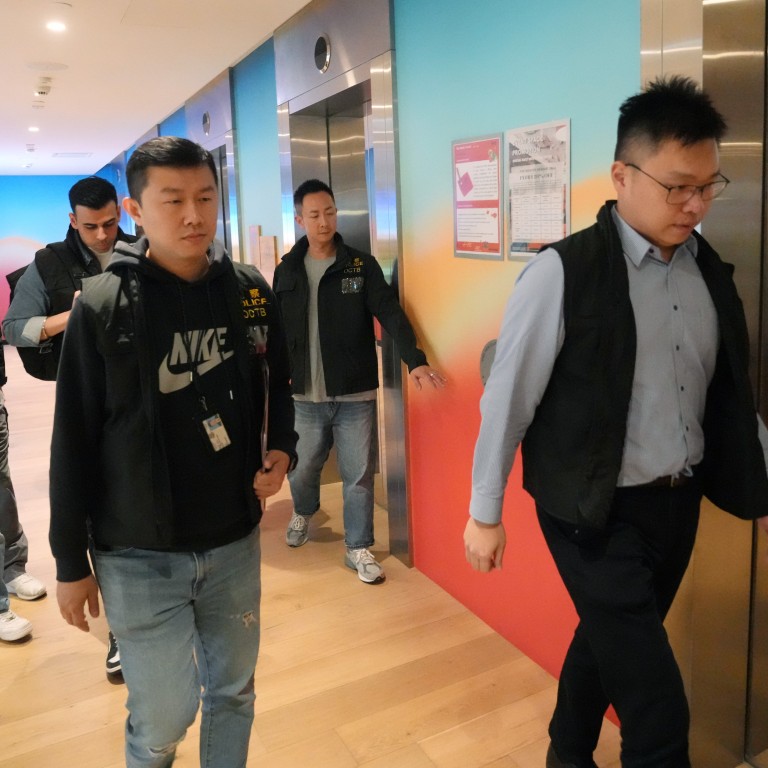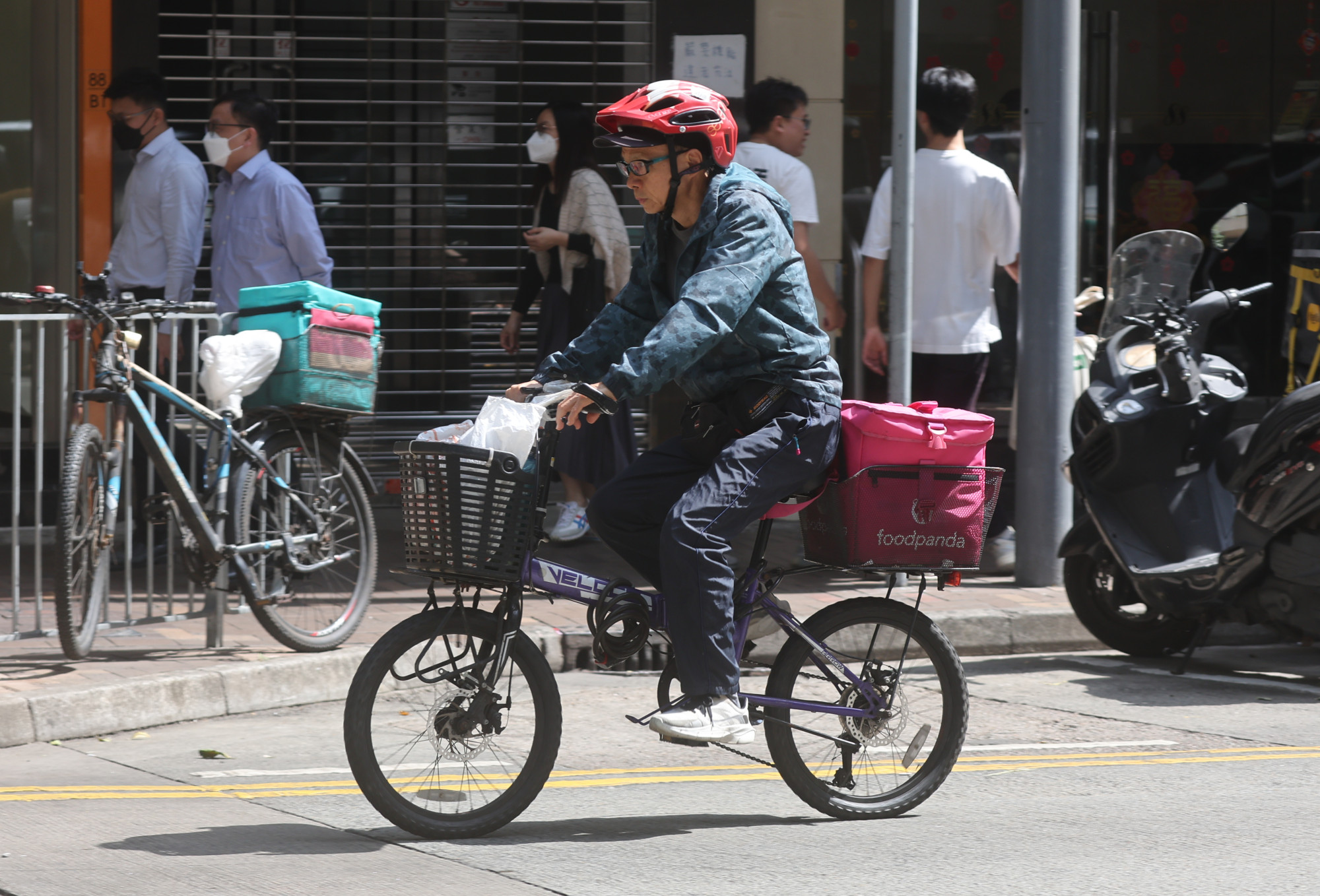
Hong Kong delivery driver probe to test asylum process
- Food delivery riders arrested earlier this month for working illegally while claims were allegedly being considered
- Plugging loopholes that allow illegal work is important, but it is also critical to process asylum claims in a fair and timely way
Food delivery riders caught up in a recent fraud investigation have given Hong Kong a taste of the challenges the city faces in handling asylum claims that have been on the rise since pandemic travel restrictions were eased last year. The latest case involved 23 people from South Asia who were arrested earlier this month on suspicion of illegally working for leading food delivery platforms by fraudulently renting other riders’ app accounts to take orders and collect commissions.
Those arrested are allegedly non-refoulement claimants. Immigrants who arrive in the city claiming such status are allowed to remain in the city – sometimes for years – while authorities vet their applications for resettlement in a third country.
They are not, however, allowed to work while their applications are being assessed.
A police source told the Post that organised crime and triad bureau investigators also visited offices of platforms including KeeTa, Foodpanda and Deliveroo. It is good the companies involved are cooperating with authorities and that most already have systems in place to verify the identities of riders.

However, the incident reflects a wider problem with growing numbers trying to enter the city illegally. Late last year, dozens of men from Bangladesh, Pakistan, India and Afghanistan were arrested when they were found stranded on islands or floating in life jackets after being abandoned by “snakehead” smugglers.
The surge has been linked to a relaxation of pandemic restrictions on travel and an increase in flights to mainland China from South Asia. Authorities have sought to discourage those who hope to work illegally while awaiting asylum decisions.
Authorities and industry players must work to discourage the hiring of illegal workers.
Hong Kong police deploys non-ethnic Chinese personnel to catch illegal workers
The city’s current labour shortage is no excuse. Employers found violating the law face fines of up to HK$150,000 (US$19,180) and a year in jail.
The food delivery worker cases should be fully investigated to plug loopholes, but work must also continue to ensure fair and timely processing of legitimate asylum claims. Enforcement and legislative responses must also not harm efforts to attract talent to help ease the labour shortage.

